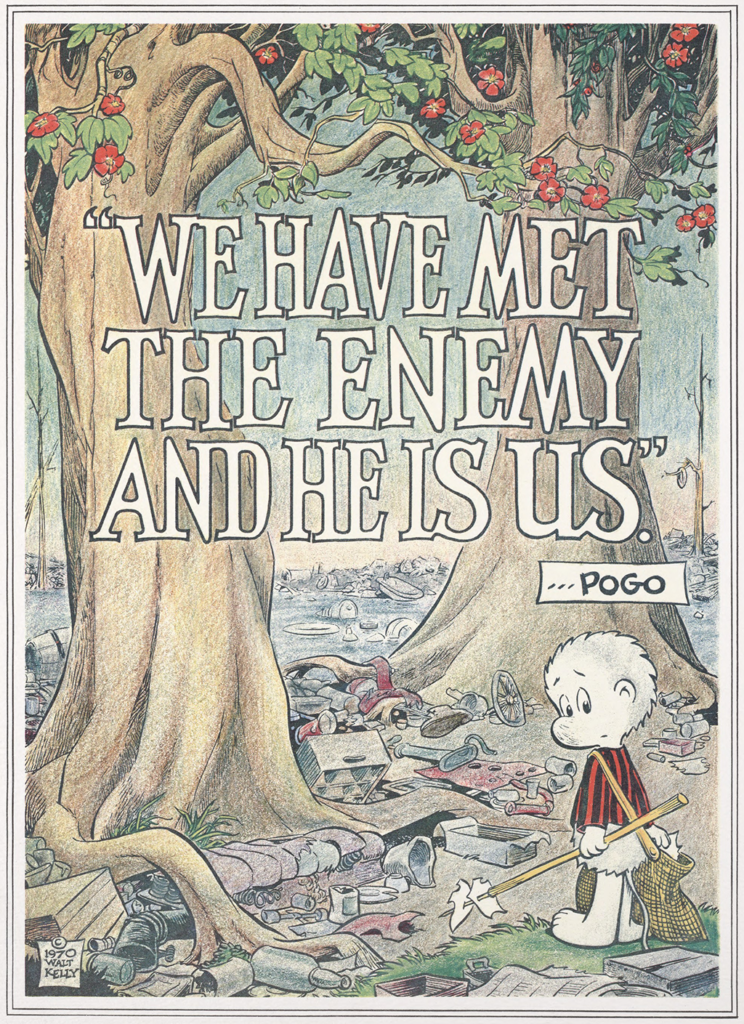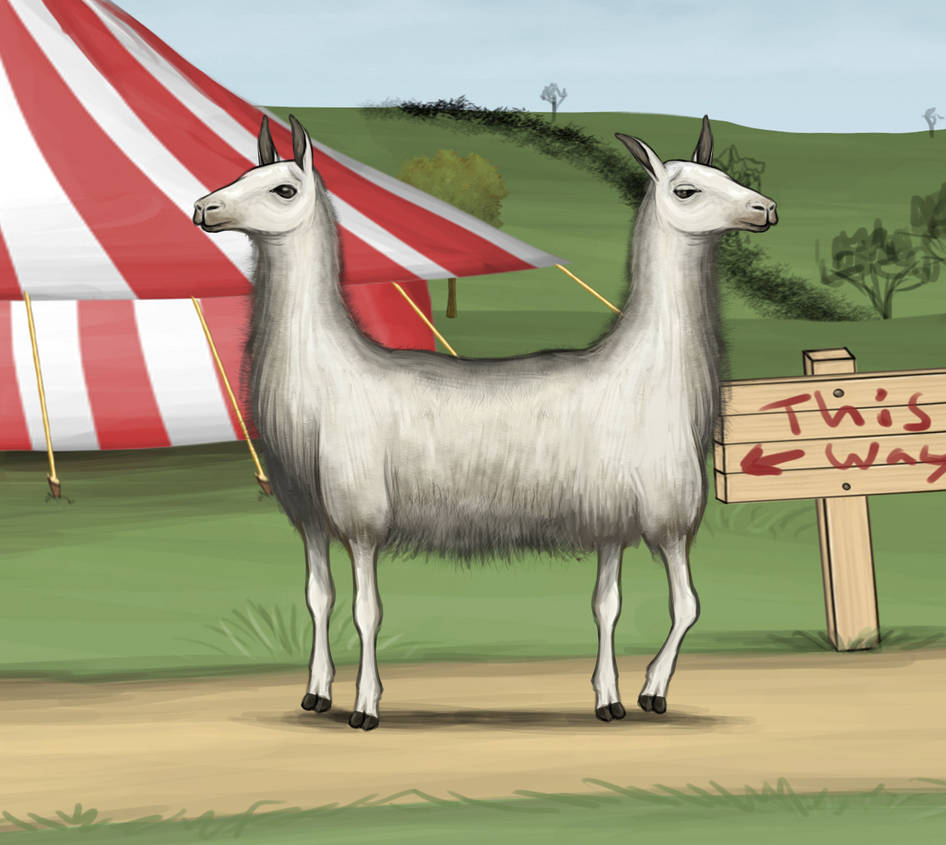
I think Musa al-Gharbi diagnoses in this repost at least one plane of the current situation (post 11/5 USA elections) masterfully: “Likewise, most in the U.S. skew ‘operationally’ left (i.e. favoring robust social safety nets, government benefits and infrastructure investment via progressive taxation) but trend more conservative on culture and symbolism. For instance, they tend to support patriotism, religiosity, national security and public order.” This seems an apt description to me of their prevalent in shared attitudes. But al-Garbi goes on to point out an important distinction:
Although they are sympathetic to many left-aligned policies, they tend to prefer policies and messages that are universal and appeal to superordinate identities over ones oriented around specific identity groups (e.g. LGBTQ people, women, Hispanics, Muslims). They tend to be alienated by political correctness and prefer candidates and messages that are direct, concise and plainspoken.
Hmmm. Sound like anyone with whom you are going to have Thanksgiving dinner with in three weeks?

al-Garbi finishes off this particular piece of his analysis by writing that, “Knowledge economy professionals tend to have preferences that are diametrically opposed to those of most other Americans, especially working-class voters.” For preferences, I read attitudes and this allows for triple meaning to the classic Walt Kelly/Pogo indictment above:
- many in the US see those knowledge economy ‘winners’ as the enemy,
- those who elected a convicted felon with racist, misogynist, and authoritarian intentions are now seen as the enemy by the same even though they may have done so while denying that they hold any affection for racism, misogyny, or authoritarianism,
- AND we — winners in the knowledge economy, commenters on social media platforms, supporters of what we see and feel is the right way to be citizens in this country — can be our own worst enemy when it comes to persuading others.

Where do we go from here? I don’t think anyone has that answer today, but I do think that we should look at the concept of attitude. In graduate school, courses in educational principles (using a wonderful book by Margaret Gredler) enlightened me as to various theories of learning. I was particularly struck by Gagne and Briggs even though I believe their currency has faded amongst contemporary educators. Their precept that attitude is an internal state, which affects an individual’s choice of action toward some object, person, or event hit me like a jolt of electricity. Because I had already been doing organizational consulting work this was a shock of recognition. Their research matched what I had already experienced in a variety of change initiatives: cognitive approaches to attitude change were rarely effective. In other words, giving people more information or making them sit in classes didn’t tend to change their attitude toward the kind of issues targeted like safety or managing employees or communicating better. Instead, strategies known to be effective for ‘attitude learning’ seem to depend upon the use of human modeling.
Another hero of mine and great influence not only during those graduate studies but right through to the end of my time at ETS, Albert Bandura, confirmed this finding in a 1977 paper. The other element that could change attitude seemed to be the experience of success in an activity. I started to put these things in play with my consulting engagements and then 7 years later when I handed up at ETS. Later on, I would meet and work with Edwin Nevis who was one of the principal figures of Gestalt therapy and consulting in the United States. His book Intentional Revolutions with Lancourt and Vasallo came to the same conclusions about attitudes and change while starting from a very different philosophical underpinning.
What does this have to do with al Garbi’s contextualizing above? In this election, the attitude of those who voted for Donald Trump is what mattered. The ‘nattering nabobs’ (as William Safire once styled them in a Spiro Agnew speech) on my side of the political divide kept believing that media matters. It doesn’t. The various and often proliferating forms of media are the leaves fluttering in the wind. That wind this time had many vectors: the price of eggs, the tendency to let fear rule our minds, the latent but still potent misogyny and racism in American society, the resentment of elites, the relish of the swagger of the wrestling hero as he throws his opponent out of the ring.
Those forces are so much more powerful than any media. And those forces are attitudes. Almost all of the definitions attributed to that word — attitude — fit from its original usage indicating the posture of a statue or a person indicating their internal state to “Deliberately adopted, or habitual, mode of regarding the object of thought.” But I would argue in this case, we need to be careful about what we consider to be thoughts because that might take us back to believing that some sort of cognitive intervention would’ve made a difference; e.g., if only these people were better educated, etc.
Attitudes are closer to feelings than thoughts. A character in my latest play (now undergoing rigorous rewriting) says ‘facts are not feelings, but feelings are facts‘. Those attitudes, those feelings, are what drove people to ignore so much damning factual material. The Democratic Party did not lose this presidential race because the Washington Post refused to endorse a candidate or because the New York Times failed to condemn the Republican candidate sufficiently. What makes today so difficult is to realize that the majority of people in this country have an attitude that not only condones but celebrates the stance of Donald Trump while simultaneously resenting and rejecting those they consider to be the winners in the knowledge economy, what Al Garbi calls symbolic capitalists, a kind of elite but not the billionaire kind. They don’t care about the details. He is their human model.
Recognizing that being part of that group means that at present I am in the minority is not unusual feeling for me. The way in which I was raised prized being skeptical of everything, suspicious of received wisdom, and proud of trying to be smart. That’s been a minority in America for a long time. But this minority state is a little bit different in that the consequences may prove to be so much more significant. And clearly the other side of the fantastical ‘push me-pull you’ pictured above may be on steroids these days.
I have never felt more of a minority in this country than today. Not alone, but palpably aware that most of the attitudes of most of my fellow citizens are not anyway like mine. This status seems highly unlikely to change; I’m not adopting their mode and I don’t see them moving toward my position.
Was it hubris on our part to believe otherwise? I would think it was more hope. But as one my favorite sociologists Charles Snyder noted years ago hope doesn’t always get us there even though it is the best strategy for survival. Sometimes we have to accept that we have hit bedrock and need to move several feet one way or the other in order to keep on tunneling. But we do need to move. We do need to recognize what doesn’t work. There our own attitudes will get in the way, our own preferences and beliefs as to how we would like to engage around the issues facing this country.

Elections are not won on Twitter or Threads, but you wouldn’t know that from the last several months. Minds are not changed by the media; the various tribes just move toward a source that will feed their confirmation bias like iron filings scurrying toward a magnet. Since voting stems from attitudes and attitudes are not affected by instruction, the masses that voted for Donald Trump have to see someone else they admire and decide to emulate their attitudes. Didn’t happen with this election and I wonder whether the next 4 years will reinforce or reverse people’s feelings about vulgarity, authoritarianism, shamelessness, misogyny, and racism.
In the meantime, I look forward to continuation of correspondence, work, and even travel inside and outside of this country. While doing that, I will be inspired as always by the quote my grandfather, Jack Elliott, used frequently from the author John Buchan — the guy who wrote 39 Steps — with the phrase that everyone else in my immediate family finds curious, “It’s a great life, if you don’t weaken.” Come what may, weakening is not on my agenda.
